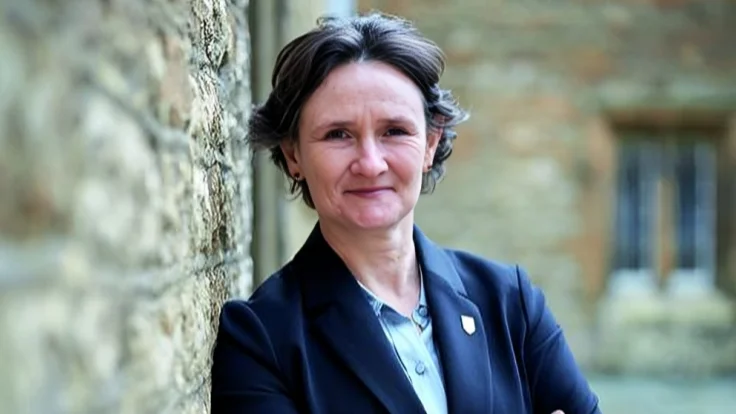The Duke of Gloucester recently visited the University of Oxford to observe its advanced vaccine facilities, highlighting the institution's leadership in medical science and innovation. The visit was marked by an introduction from His Majesty’s Lord-Lieutenant of Oxfordshire, Mrs. Marjorie Glasgow, and a reception by Professor Irene Tracey, Vice-Chancellor of the University.
During his visit to the Clinical BioManufacturing Facility (CBF), the Duke met with several key figures including Professor Catherine Green, Head of the Facility; Professor Dame Sarah Gilbert, who led the development of the Oxford/AstraZeneca COVID-19 vaccine; and Professor Tim Elliott, co-Director of Oxford Cancer. Apprentice Technician Scientist Emilia Reyes Pabon demonstrated sterile vial filling to His Royal Highness.
Emilia commented on her experience: "It was great to be able to show His Royal Highness the unique capabilities of the CBF, which were so important in making vaccines during the COVID pandemic."
The CBF is known for producing small batches of clinical-grade medicinal products and vaccines for early clinical trials. Notable vaccines manufactured include the R21 malaria vaccine, now being distributed across Africa; LungVax for lung cancer prevention; and various vaccines against diseases like Ebola virus and Crimean Congo Haemorrhagic Fever.
Later in his tour, The Duke visited laboratories at the Institute of Developmental & Regenerative Medicine where he met with Professor Teresa Lambe and Professor Sir Andrew Pollard. He learned about ongoing projects focusing on developing vaccines for pathogens causing disease outbreaks in regions such as the Global South.
Some vaccines developed here have reached clinical trial stages. These include a vaccine against Ebola virus diseases chosen by WHO for use in Uganda and a candidate vaccine against Marburg virus disease selected for trials by WHO.
Vice-Chancellor Professor Irene Tracey expressed her gratitude: "We were honoured to welcome His Royal Highness to Oxford today. His visit shines a light on the extraordinary work taking place across our laboratories and celebrates the people behind these efforts, including young scientists shaping the future of medicine."
This event underscores Oxford's commitment to biomedical research excellence and training future scientific leaders impacting global health.

